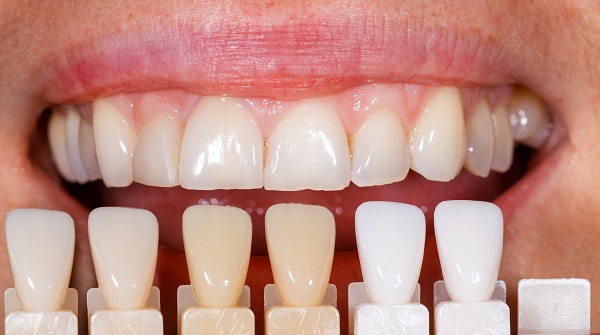Do dental crowns make yellow teeth white? Read on to know more about the benefits and risks of getting them as well as an in-depth analysis of whether or not they can lead to whiter teeth. A dental crown is a form of restorative dentistry that is used to cover and protect damaged surface areas of the teeth, usually after the root of the tooth has been damaged by decay, fracturing, or some other type of injury. The placement of it over your tooth will also help prevent further damage to the pulp, which is essential for maintaining healthy gums and preventing infection.
What are the benefits of dental crowns?
Dental crowns can help with a variety of dental issues including reducing tooth sensitivity, fixing chips or cracks in teeth, closing gaps between teeth, and covering up and protecting dental implants. They can also help with a variety of oral health issues such as severe tooth decay, damaged teeth due to an accident or trauma, and misaligned teeth.
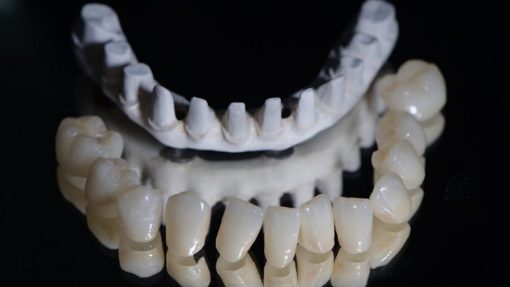
It can be used to cover up exposed root surfaces after root canal therapy has been completed. They can also be used to attach bridges to teeth to prevent further damage and decay. They can also be used as part of a treatment plan for sensitive teeth, dental fractures. Teeth that have been filled too many times, and diseased teeth.
Are they good for your teeth?
There are many benefits associated with dental crowns, including reduced tooth sensitivity, increased strength of teeth, and protection against further tooth decay and damage, especially when compared with fillings. Because it is created out of tooth-coloured material, it is more aesthetic and will blend in with the existing colour of your teeth.
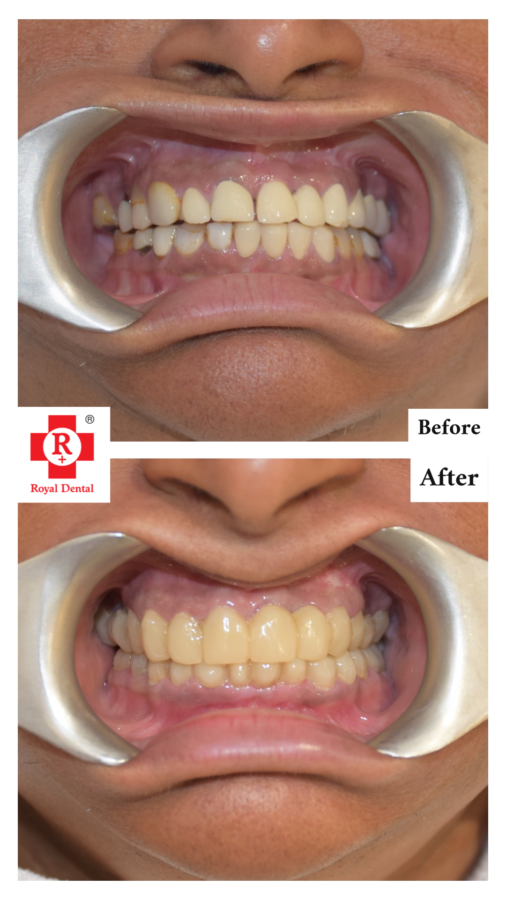
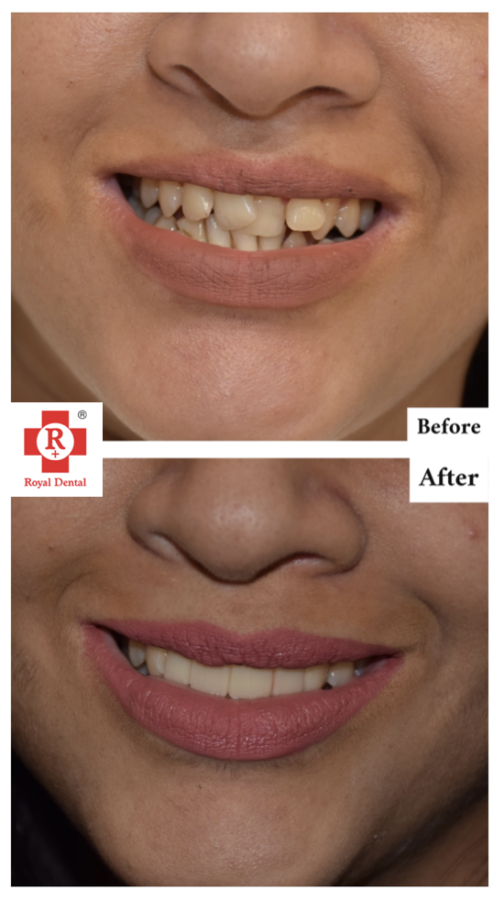
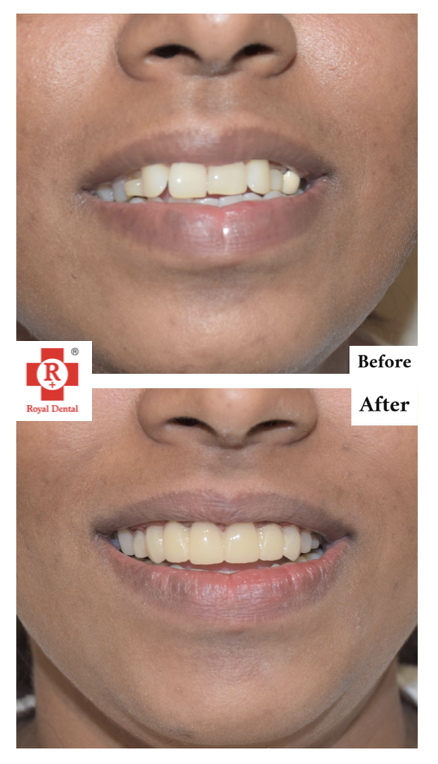
As it is bonded to your existing tooth, there is also no need to have an excess amount of tooth removed like there is with dental fillings, so you can avoid the sensitivity that often comes with tooth removal. They are also one of the best ways to protect and repair a tooth that has experienced trauma, like a fracture or break. Crowns can help reduce the chances of you needing oral surgery or the extraction of a damaged tooth. And can protect your gums from infection and disease.
Are dental crowns good for your gums?
Dental crowns that are fitted over an existing tooth can help to prevent or slow down gum disease (periodontal disease) by ensuring that the soft gum tissue around the tooth remains healthy. As they are fitted over the tooth’s root and are held in place by the surrounding gum tissue. There is less risk of the tooth being dislodged if the surrounding gum tissue becomes inflamed.
Gum health can also be improved by the lack of exposure to bacteria in the mouth due to the covering up of a damaged tooth. While dental crowns do have the potential to trap food and bacteria inside the tooth if they are not cleaned properly. They can also prevent the ingress of oral bacteria into your bloodstream.
Can dental crowns make teeth whiter?
Although a dental crown can’t make your teeth turn white. It can help to lighten your teeth and make them appear brighter. The colour of teeth can often be affected by several factors. Including ageing, disease, genetics, and external factors such as smoking and diet. While there isn’t much you can do to make your teeth any younger. There are some things that you can do to make them appear brighter and whiter.
You can maintain good oral hygiene and prevent gum disease, which can cause teeth to darken. And You can also avoid things that can stain your teeth, including red wine, coffee, and tea. You can also choose to get your teeth whitened by a dentist or another qualified professional. Which can help to make your teeth appear brighter and whiter.
Are there any risks associated with dental crowns?
As with any dental procedure, there are some risks associated with dental crowns. The most common complications associated with them include an allergic reaction to the materials used to create the crown. And an inability of the body to bond with the crown. And an inability of the crown to properly fit with the surrounding teeth.
In some cases, they can cause gum recession and potential infection due to the amount of pressure they can put on the surrounding gum tissue. Crowns can also make it harder for patients to clean their teeth. Which can lead to tooth decay due to the build-up of bacteria.
Whitening Your Crowns can be done by scrubbing away the minor stains you get on your teeth from eating and drinking, but they will not change the colour of the tooth enamel or whiten your teeth.
Conclusion
Dental crowns can help to prevent or slow down gum disease, and make teeth appear brighter and whiter. However, dental crowns do have some risks associated with them. Including an allergic reaction to the materials used to create the crown. And an inability of the body to bond with the crown. And an inability of the crown to properly fit with the surrounding teeth.

